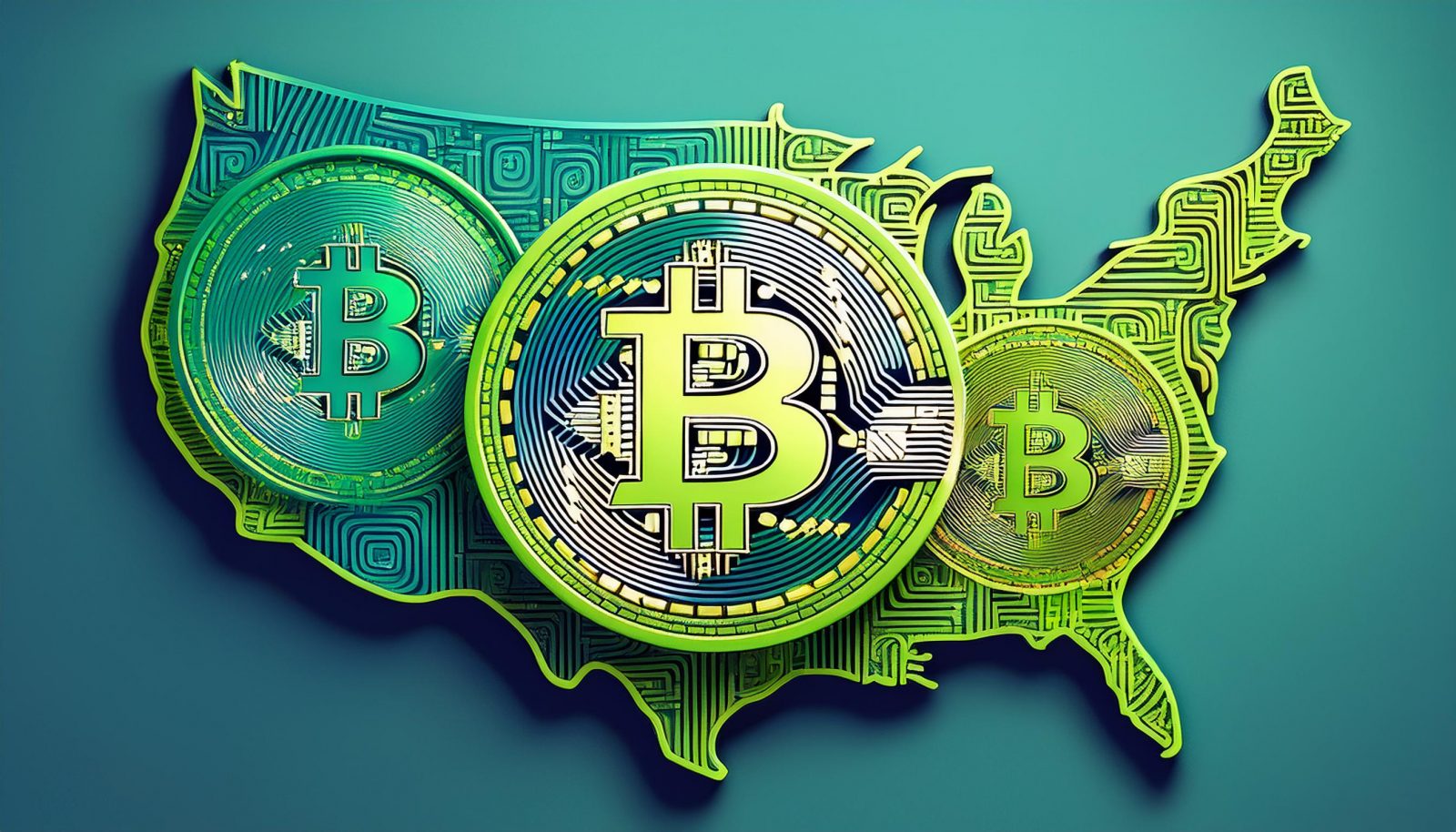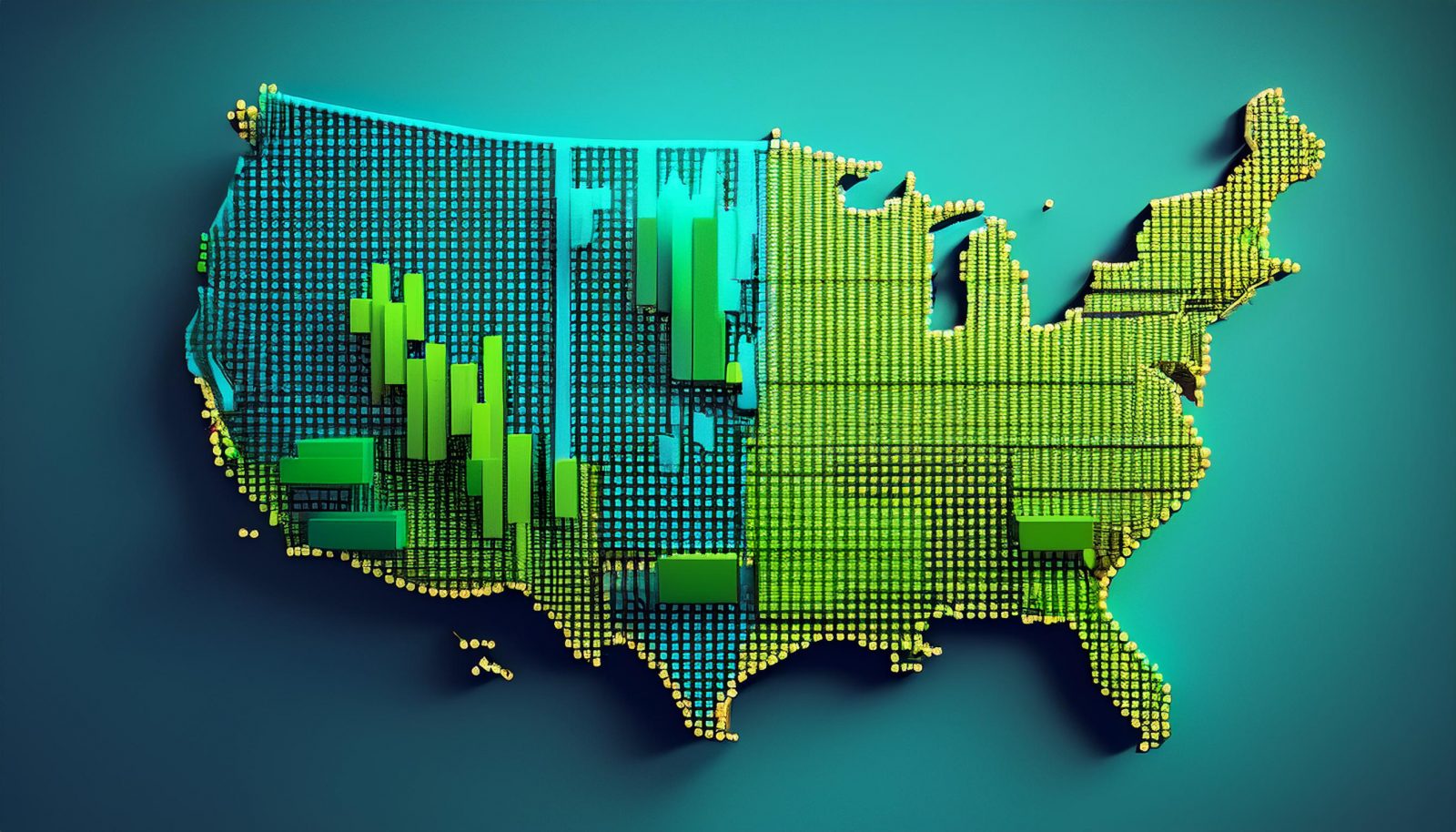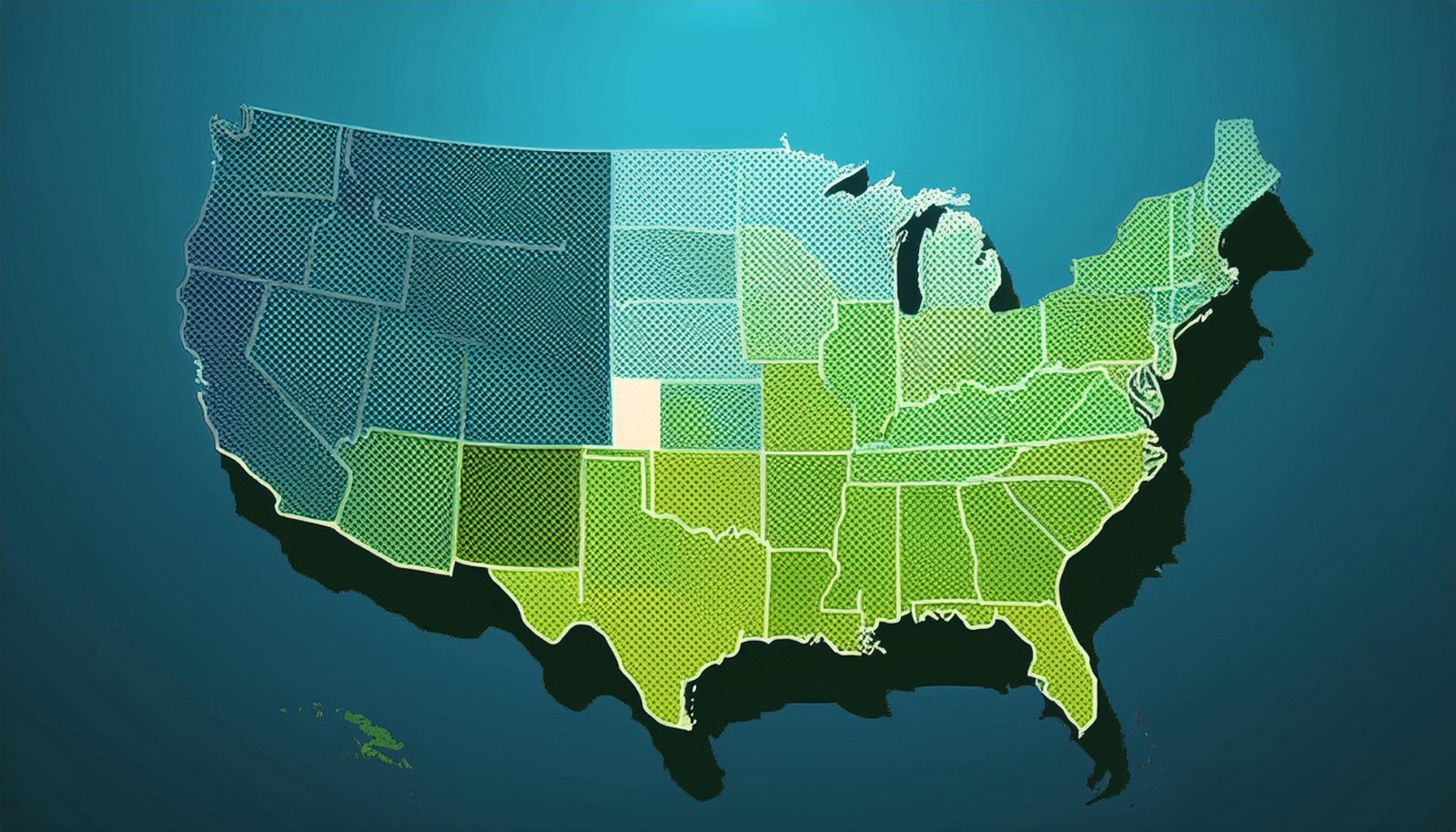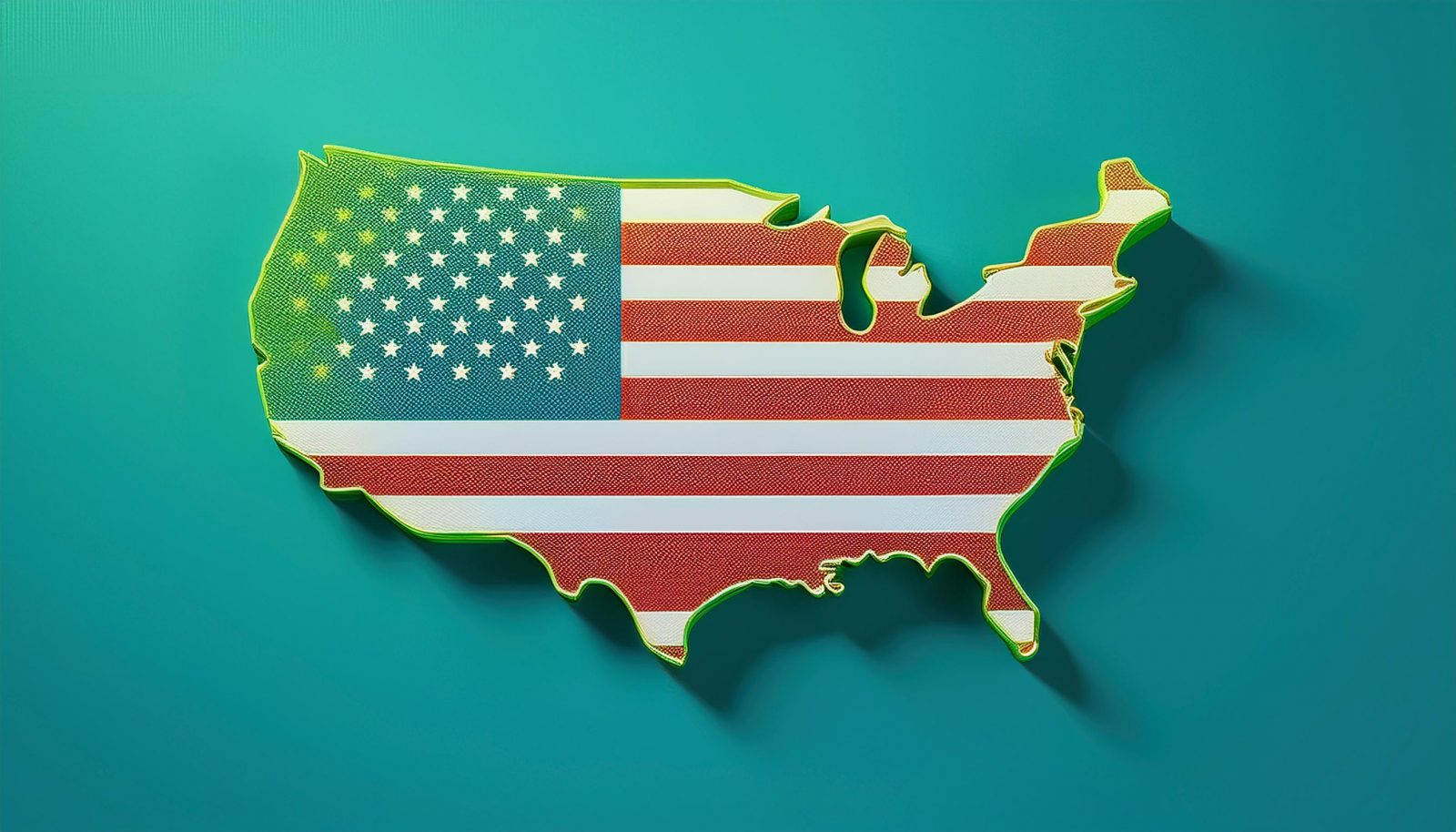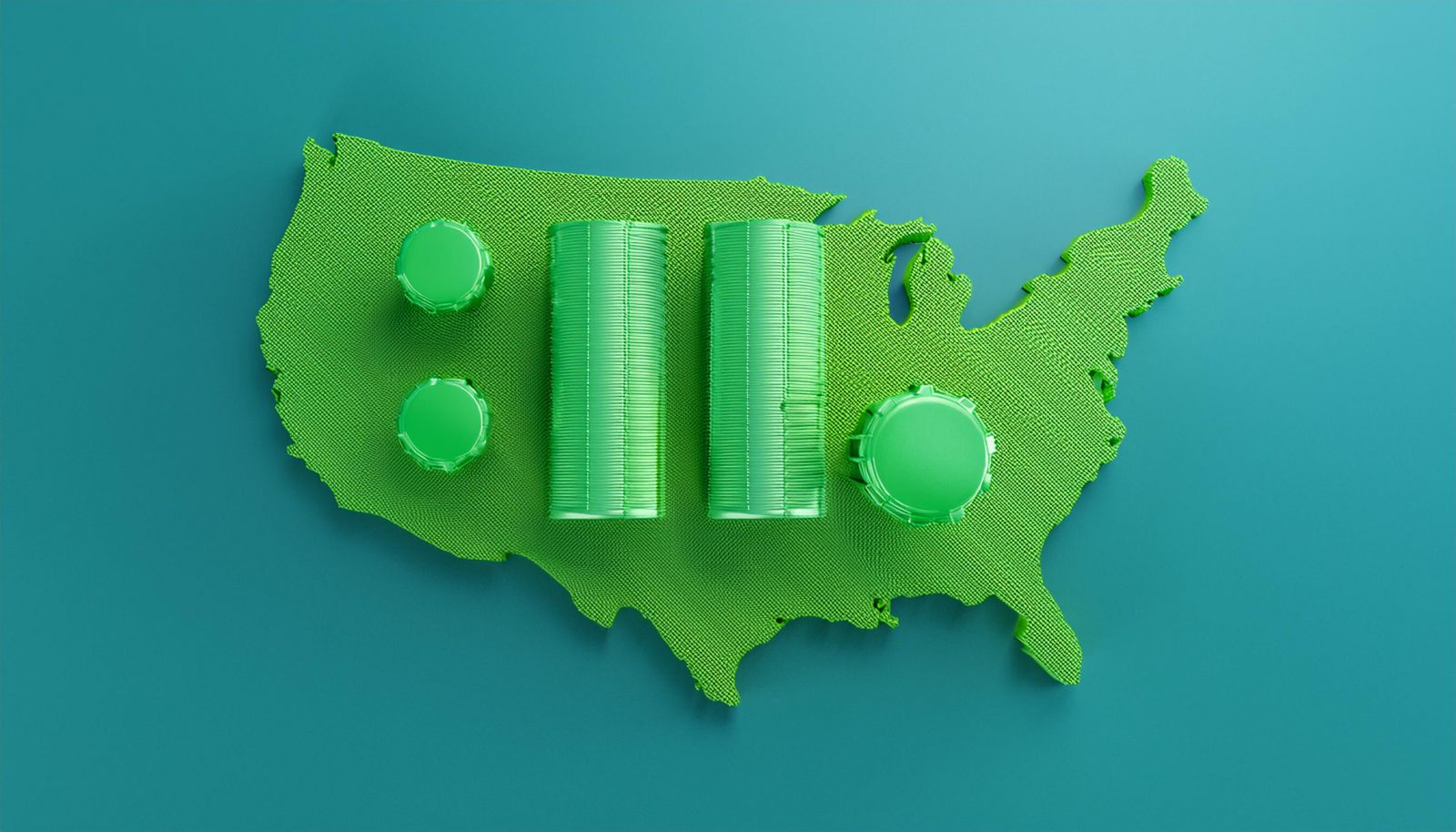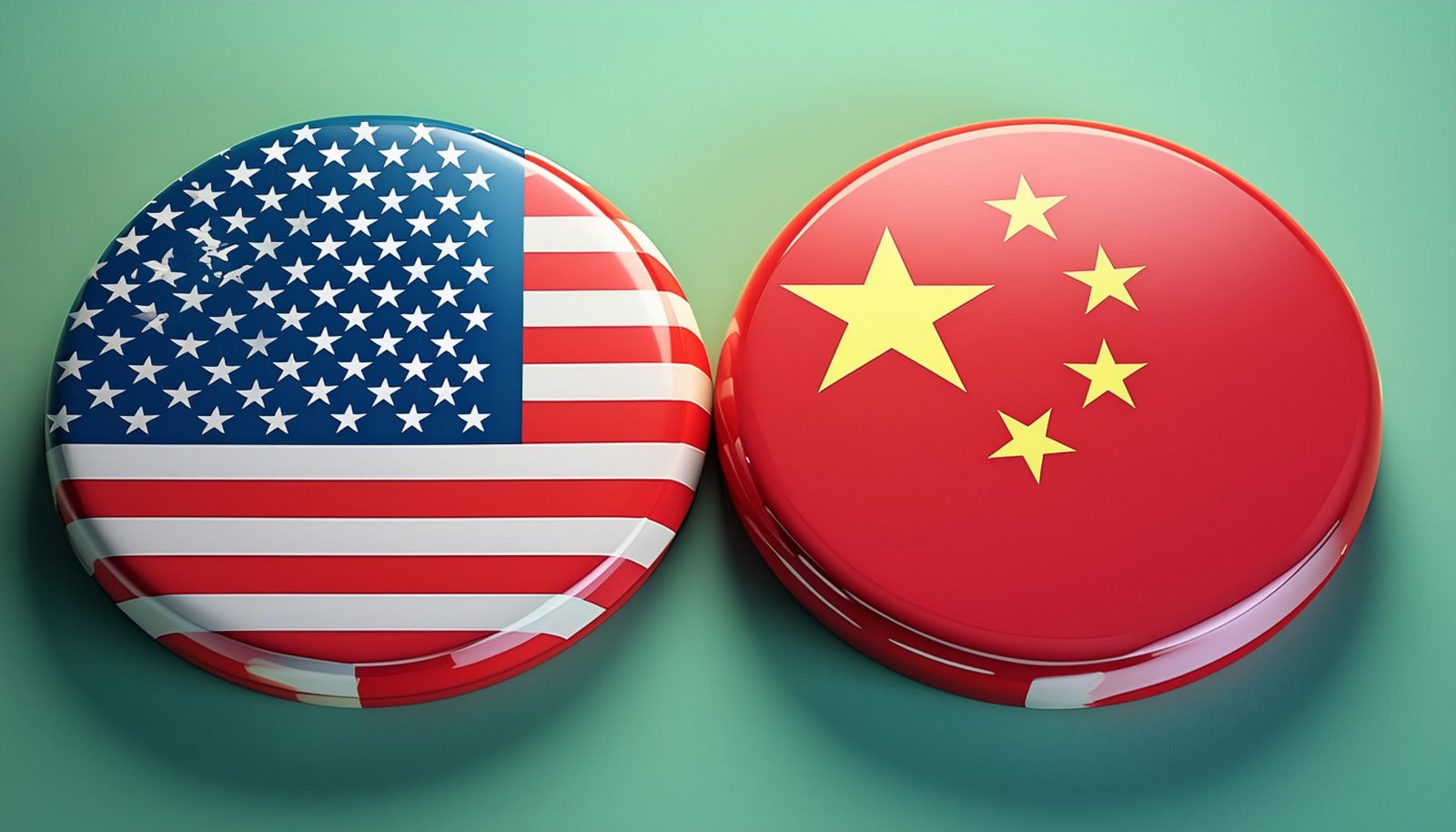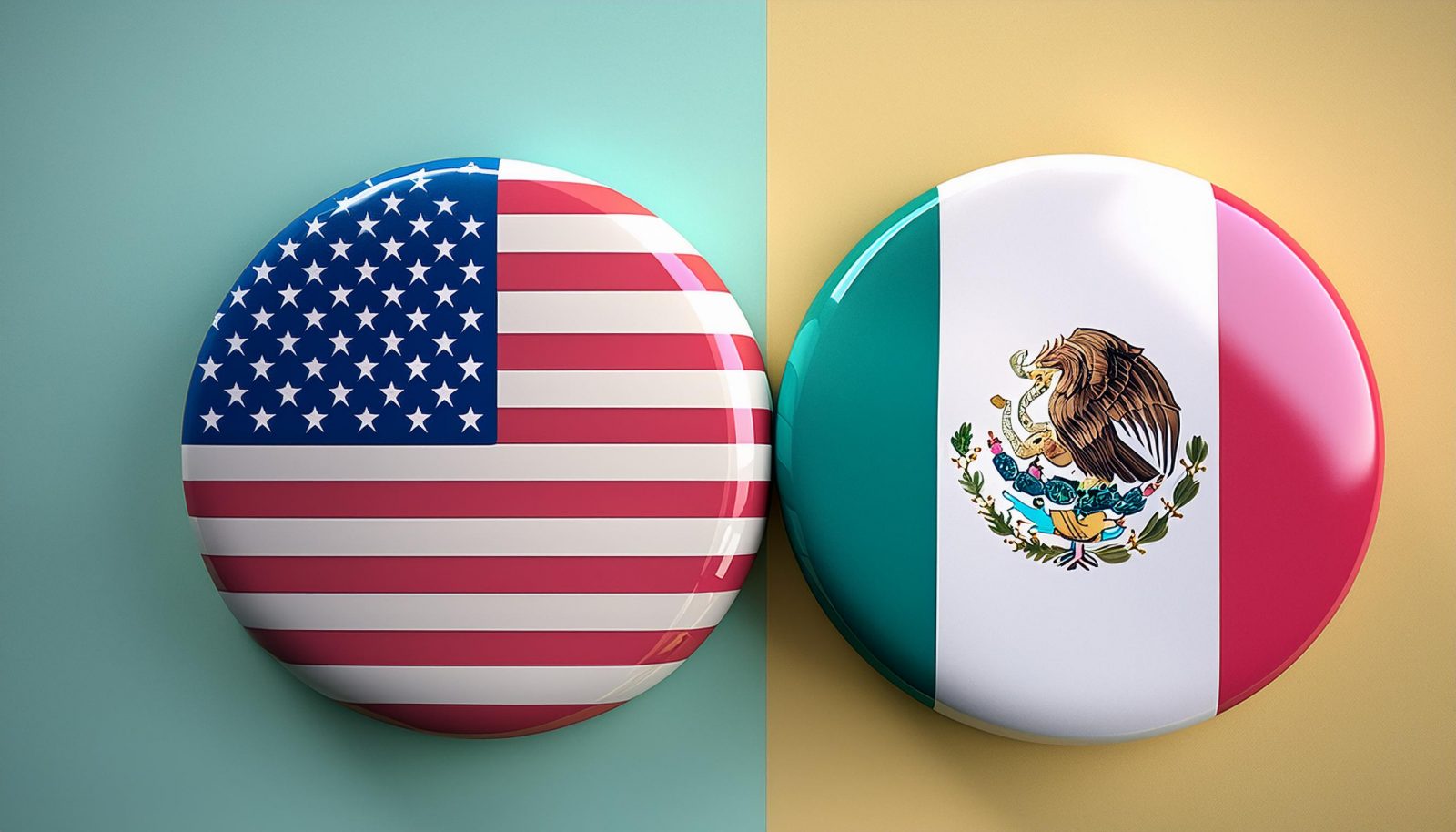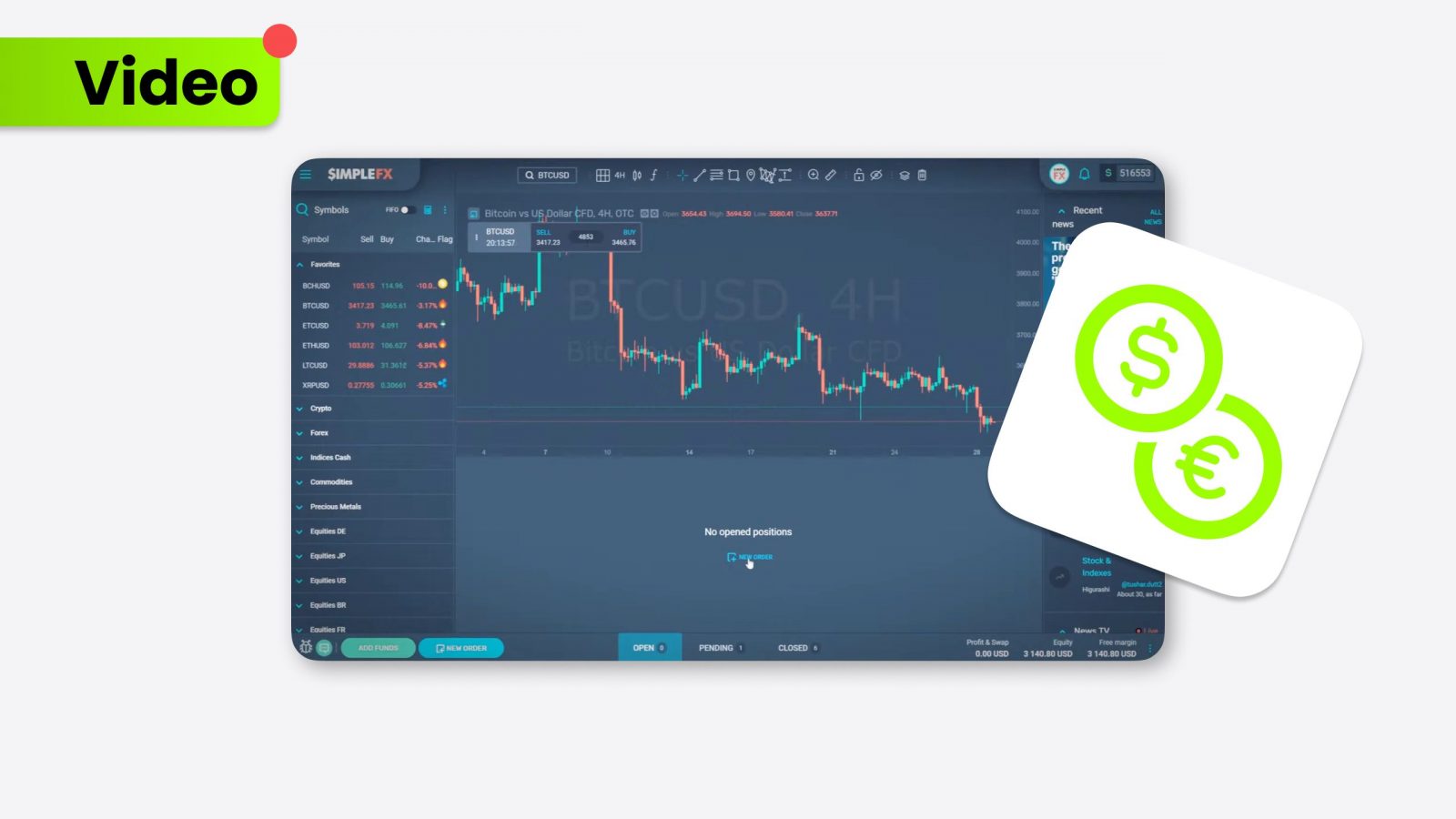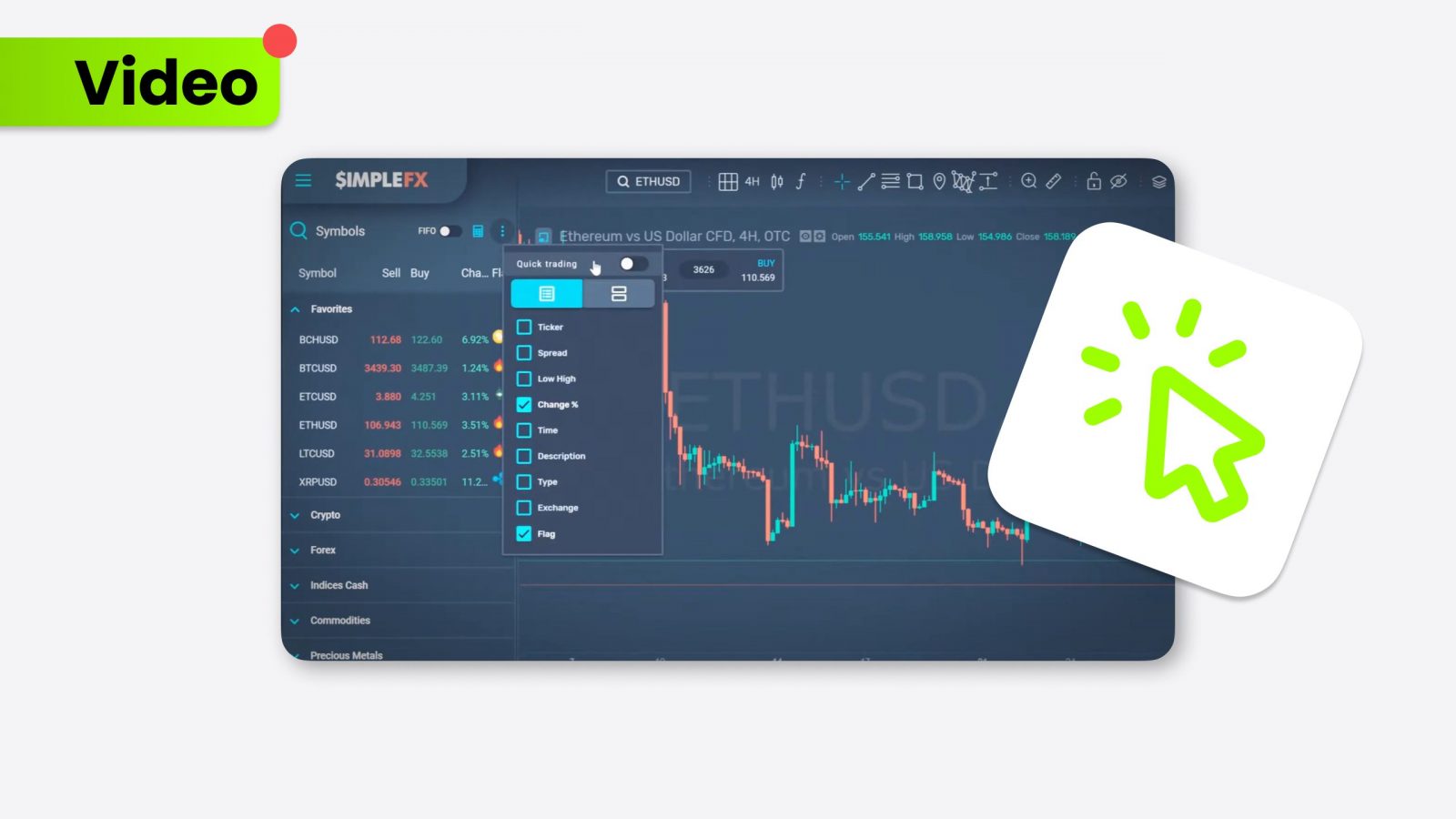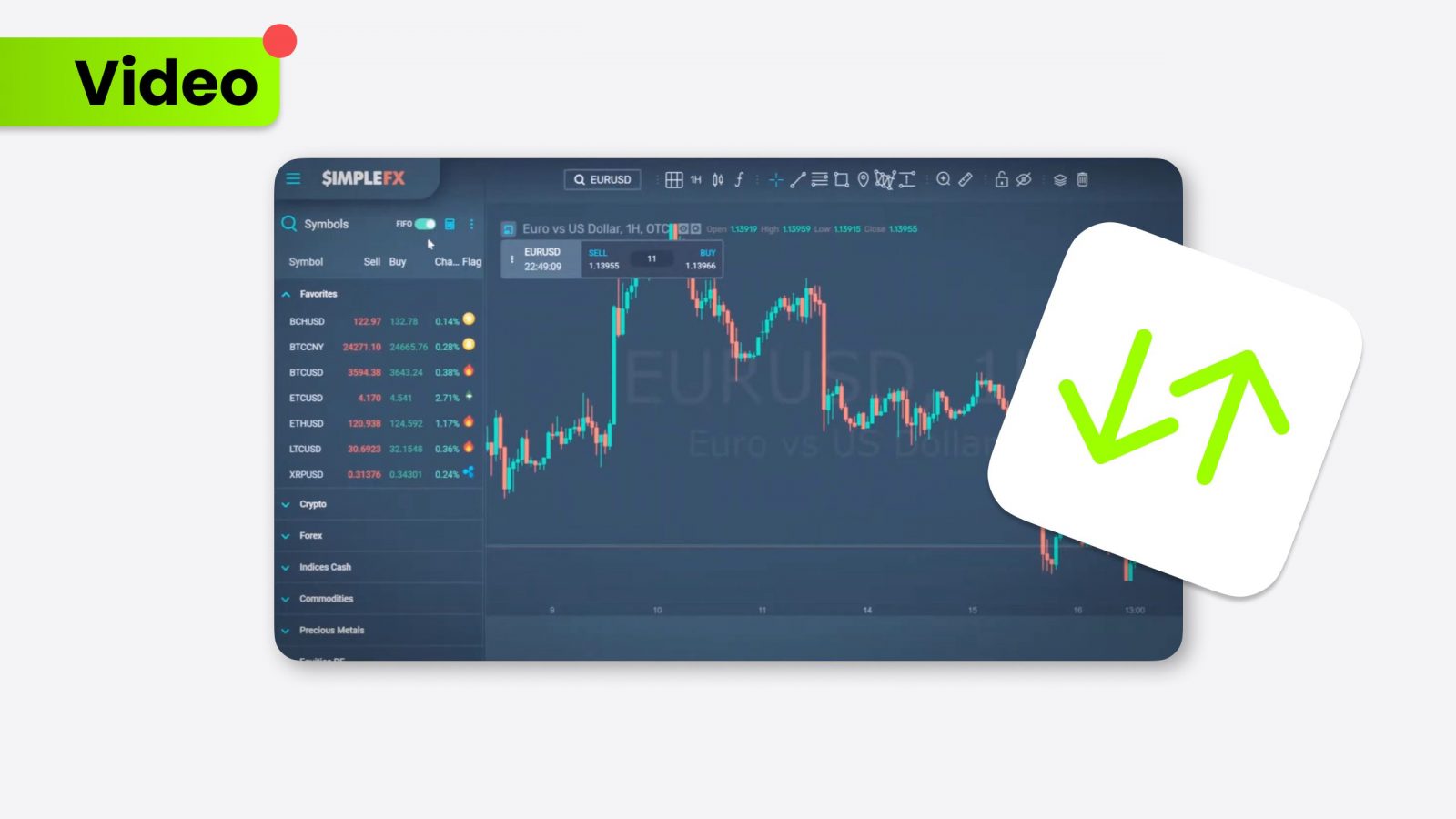The relationship between U.S. elections and the cryptocurrency market is a subject of growing interest among investors and analysts. With political decisions heavily influencing economic policy, the outcome of elections can have significant implications for the future of cryptocurrencies like Bitcoin and Ethereum.
- Explore how U.S. elections influence the cryptocurrency market.
- Analyze the stances of Donald Trump and Joe Biden on cryptocurrencies.
- Understand the potential implications of upcoming elections on the future of Bitcoin and altcoins.
The role of crypto in the U.S. elections
Cryptocurrencies have increasingly become a focal point in U.S. elections, with both parties acknowledging the potential of blockchain technology and digital assets. The 2024 elections, in particular, highlight the growing significance of crypto in political discourse. Candidates’ positions on cryptocurrency regulation and integration into the U.S. economy are likely to influence voter sentiment, especially among younger demographics and tech-savvy constituents. The outcome of these elections could significantly impact the value of the U.S. Dollar and the direction of crypto regulations. As DeFi and stablecoins become more mainstream, their role in the U.S. economy and how they are regulated might be a crucial topic in every election.
BTC performance during Donald Trump and Joe Biden presidencies; September 2024.
The above chart shows Bitcoin’s performance from the 2016 election (orange vertical line) to September 2024. Since Donald Trump’s victory, BTC has grown by 2500% to a local peak in December 2017. During his presidency (January 2017 – January 2021), it grew by 3460%. Since Joe Biden’s election (blue, vertical line), Bitcoin has grown by 420%, and during his presidency (January 2021 – September 2024), by 80%. It should be noted, however, that the significant increase occurred after the election, which will take place in 2 months. Therefore, a specific assessment shouldn’t come before Q1 2025.
How tight is the relationship between Trump and crypto?
Donald Trump’s stance on cryptocurrencies has evolved significantly over the years. Initially critical of Bitcoin, Trump has increasingly recognized the importance of digital assets in the U.S. economy. His recent statements suggest a pivot toward a more crypto-friendly approach, especially as he eyes a potential return to the White House.
Donald Trump and Bitcoin
In a historic speech at the Bitcoin 2024 conference, Donald Trump outlined his vision for integrating Bitcoin into the national economic framework. Trump criticized the current administration’s restrictive policies on cryptocurrency and vowed to reverse them upon re-election. He emphasized the need to support BTCUSD and altcoins by abolishing Operation Chokepoint 2.0, a controversial policy seen as a crackdown on crypto.
Trump’s speech also highlighted the importance of Bitcoin in protecting the U.S. economy from inflation, positioning it as a hedge against fiscal irresponsibility. His proposals include turning the U.S. into the world’s most cost-effective Bitcoin mining hub by leveraging the nation’s natural resources. He stressed that Bitcoin’s attributes—immutability, sovereignty, and independence from government control—are vital for ensuring a freer, economically stable future. By integrating the oldest cryptocurrency into America’s strategic national reserves and ceasing the sale of government-held Bitcoin, he aimed to bolster the U.S. Dollar and strengthen the national economy. This approach to reserves is designed to secure the value of the USD and establish Bitcoin as a critical component of the U.S. financial infrastructure.
If implemented, this plan could significantly impact the global crypto market and the ROI of individual crypto wallets of traders worldwide.
Was Joe Biden against crypto?
Joe Biden’s administration has taken a more cautious approach to cryptocurrency regulation. While not outright against crypto, Biden’s policies have focused on increasing oversight and consumer protection in the digital asset space. His administration’s implementation of Operation Chokepoint 2.0, which aimed to restrict the banking industry’s interactions with cryptocurrency companies, sparked controversy and was criticized by many in the industry. This cautious stance has raised concerns within communities such as Solana, Binance Coin (BNB), and Injective, as these altcoins and their respective ecosystems might face stricter regulations, potentially impacting their growth and adoption.
Kamala Harris and cryptocurrencies
Vice President Kamala Harris has echoed the administration’s cautious stance on cryptocurrencies. While she has not been as vocal as Trump, Harris has supported efforts to increase regulation and consumer protection in the crypto market. She ensures that digital assets do not undermine financial stability or contribute to illegal activities such as money laundering. In this context, Harris might show interest in the ongoing debate between USDT vs USDC, two of the most prominent stablecoins in the market. The administration’s focus on stability and regulation is critical as these digital currencies play a growing role in global financial transactions. Harris’ involvement in this discussion emphasizes the administration’s aim to balance innovation with security in the rapidly evolving crypto landscape.
Crypto in U.S. elections: Conclusion
The interplay between U.S. elections and the crypto market is becoming increasingly complex. As digital assets become more integral to the global economy, the stances of political leaders on cryptocurrencies will play a critical role in shaping their future. The 2024 election, with key figures like Trump and Biden at the helm, will likely set the tone for how the U.S. approaches cryptocurrency regulation and integration into the national economy.

